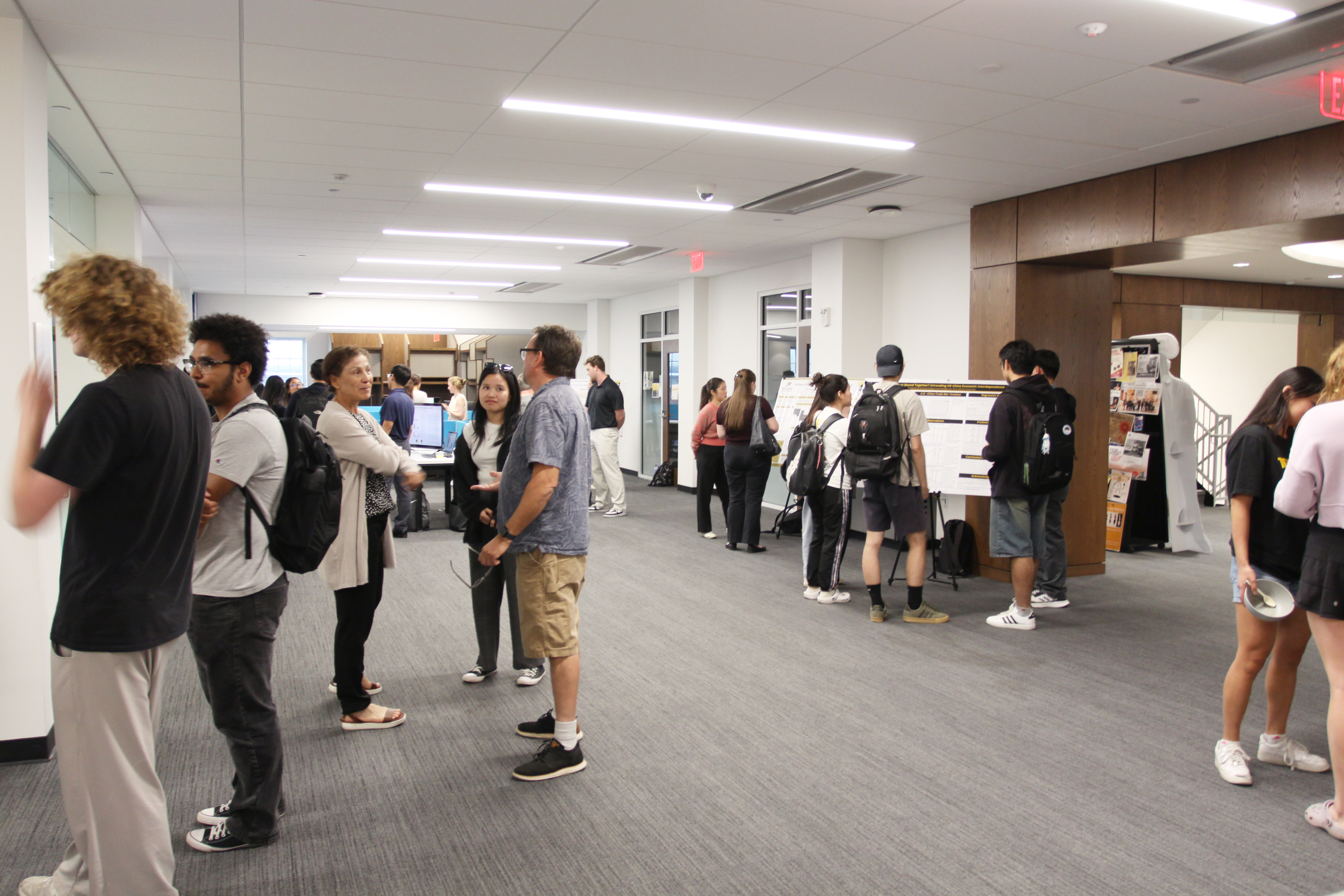Files
Download Full Text (421 KB)
Document Type
Poster
Publication Date
Fall 10-6-2022
Abstract
The deadly consequences of COVID-19 have been well documented, as have the social, emotional, and cognitive effects. These sequelae extend to the educational system. Much less investigated have been the potential positive outcomes of the pandemic. Given that STEM education relies heavily on hands-on laboratory experiences, STEM students may have been especially impacted by pandemic-imposed remote instruction. We surveyed 392 students at one liberal arts college querying why they continue studying in STEM or leave the STEM disciplines. Because the literature indicates that people of color and those from lower socioeconomic groups were more negatively affected by COVID-19, we hypothesized that students from traditionally marginalized groups in STEM would report greater adverse educational consequences of the pandemic as well; however, this was not borne out by the findings. Across demographic groups, students reported negative impacts of COVID-19, although in a few areas we found that more traditionally “privileged” groups complained of more negative outcomes than traditionally marginalized students did. What was most novel and dramatic in our results were the positive outcomes of the “lockdown” reported by students. These beneficial results were in the areas of enhanced resilience, improved social relationships, greater opportunities, academic improvement, and better mental health. Our paper concludes with recommendations for addressing the negative outcomes of COVID-19 and remote instruction, and for taking advantage of the unexpected positive effects.
Project Mentor
We would like to thank Professor Pamela Propsom for being our faculty advisor.
Recommended Citation
Rashed, Zaheen '24; Jiang, Yuchen; Ma, Zimo; and Propsom, Pamela M., "The Impact of COVID-19 Pandemic on Undergraduate Students’ Interest in the STEM Field" (2022). Annual Student Research Poster Session. 92.
https://scholarship.depauw.edu/srfposters/92




Funding and Acknowledgements
We would also like to thank DePauw University’s Neuroscience & Psychology department and the Asher Fund for sponsoring this experience.